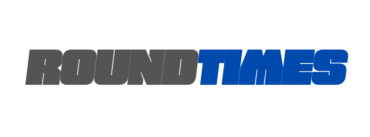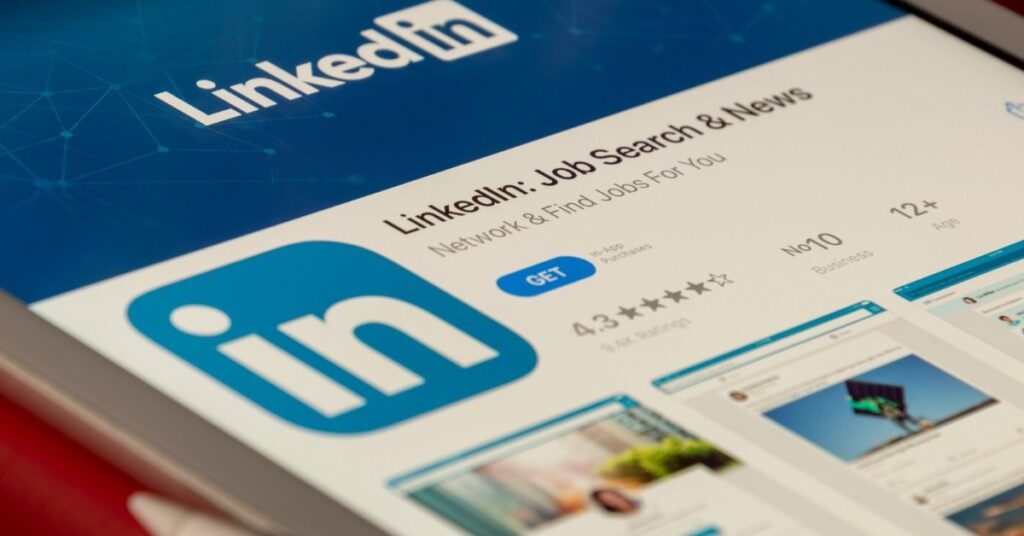Taking a career break can be a necessary and often rewarding decision—whether it’s to raise children, care for a loved one, travel, pursue education, or recover from burnout. However, returning to the job market after a gap can feel intimidating. Employers may have questions about your time off, and you may face self-doubt or find that industry standards have changed.

But the good news is, a career break doesn’t mean the end of your professional journey. With the right strategy, mindset, and preparation, you can restart your career confidently. Here’s a step-by-step guide to help you navigate your job hunt after a break.
1. Accept and Embrace the Break
The first step is to acknowledge your career break and not view it as a weakness. Life happens—and taking time off can reflect strong personal values and resilience. Own your story. Prepare to talk about your break honestly and positively in interviews. Focus on what you learned or how it shaped your perspective.
Tip: Avoid being apologetic. Instead, frame the break as a period of personal growth or responsibility.
2. Assess Your Career Goals
Before jumping into applications, reflect on what you really want from your next role. Your priorities may have changed during the break. Are you looking for remote flexibility, a new industry, or a fresh start?
Ask yourself:
- Do I want to return to my previous role or industry?
- Am I open to pivoting into a new field?
- What work-life balance am I seeking?
This clarity will help target your job search effectively.
3. Update Your Resume and LinkedIn Profile
A dated resume can hurt your chances, so it’s essential to refresh it:
- Include recent learning: Add any courses, volunteering, freelance work, or certifications you completed during the break.
- Address the gap: You can include a brief explanation in your summary or under your experience section. Example: “Career break to care for family and upskill through online courses in digital marketing.”
- Use current formatting: A modern, clean layout with clearly defined skills and achievements can make a strong impression.
Also, update your LinkedIn profile with a professional photo, a concise summary, and new skills.
Also Read: Master Personal Branding: How to Build Your Unique Professional Identity
4. Upskill and Reskill
If the industry has evolved or if you’re switching careers, it’s wise to fill any knowledge gaps:
- Enroll in short-term online courses (Coursera, Udemy, LinkedIn Learning, etc.)
- Attend webinars or workshops
- Gain certifications relevant to your field (e.g., PMP, Google Analytics, AWS, etc.)
Not only do these make your resume stronger, but they also boost your confidence.
5. Practice Interviewing
After time away, your interview skills might feel rusty. Practice common questions like:
- “Can you walk me through your resume?”
- “Tell me about the gap in your employment.”
- “Why do you want to return to work now?”
Mock interviews with friends or mentors can help you refine your responses. Focus on your achievements before the break and any relevant skills you’ve built during the gap.
Also Read: The Ultimate Interview Guide: How to Prepare for and Ace Your Job Interview in 2025
6. Network Actively
Most job opportunities come through connections. Reconnect with old colleagues, attend industry events (online or offline), and join professional communities. Let people know you’re back in the market.
Tip: LinkedIn is a powerful tool—write a short post sharing your career break and readiness to return. You might be surprised by the support.
7. Consider Returnship Programs
Many companies now offer “returnship” programs—structured, short-term positions designed for professionals re-entering the workforce. These provide hands-on experience, mentorship, and a potential full-time role afterward.
Companies like TCS, Accenture, and Amazon offer such programs in various countries. Look for returnships in your region and field.
8. Start with Freelancing or Contract Work
If you’re struggling to land a full-time role immediately, consider starting with freelance projects, consulting, or part-time gigs. These help you:
- Rebuild your portfolio
- Update your work experience
- Regain workplace confidence
Plus, short-term projects can often lead to permanent roles.
9. Stay Positive and Persistent
Rejections are normal—even more so after a career break. Don’t let them discourage you. Stay focused on your long-term goals, and remember that your past experiences and the courage to return already set you apart.
It might take time, but with consistent effort, the right opportunity will come.
10. Take Care of Your Wellbeing
Job hunting can be emotionally taxing, especially after a break. Maintain a healthy routine—eat well, exercise, and take breaks from screens. Surround yourself with supportive people and celebrate small wins along the way.
Final Thoughts
Restarting your career after a break isn’t always easy, but it’s absolutely possible. Today’s job market is more accepting of career gaps than ever before, especially when you’re proactive about upskilling and transparent about your journey. Stay confident, keep learning, and approach the job hunt with determination. Your next career chapter could be the most fulfilling yet.












